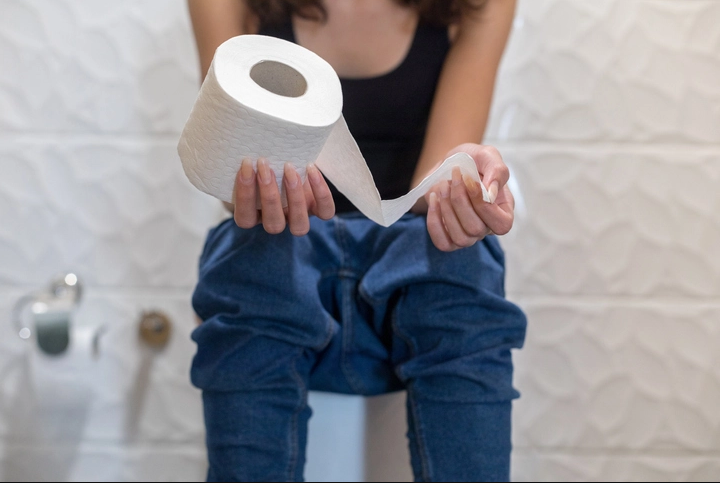
By: Kimberly Rodrigues
Going to the bathroom ‘just in case’ before a long car ride or big walk is a common practice, but a pelvic floor specialist has warned that it may not be good for the bladder in the long run, despite providing peace of mind, the Mirror reports.
The expert has also advised individuals to wait until they actually need to go in order to maintain the health of their pelvic floor rather than sneaking out a quick safety wee “just in case” before leaving the house in the morning.
Tiffany Sequeira, a specialist in pelvic health physiotherapy, has cautioned that if you want to keep your bladder healthy, you should only use the restroom when you absolutely need to pee. According to Tiffany, ‘just in case’ wees can harm your bladder by forcing it to contract before it is completely filled with urine.
If you do this frequently, you reportedly run the risk of confusing the vital signals between your bladder and your brain, which could lead to a variety of uncomfortable problems with your pelvic floor.
According to Tiffany, who uses the Instagram handle Gynaegirl, “Generally, as the bladder fills, the stretch of urine pressing against the bladder wall creates signals to your brain that results in the following series of urges, eventually resulting in you making it to the toilet and passing urine.”
She adds, “Going on that first signal to pass urine – or even worse going when you don’t feel the urge to pass urine ‘just in case’ – can result in a bladder signaling dysfunction. Over time your bladder becomes accustomed to passing urine at a lower capacity than normal resulting in a ‘weak bladder’, as some refer to.”
The urinary system’s muscles and nerves collaborate, as per Johns Hopkins, to effectively control the storage and release of urine. The bladder and the spinal cord/brain communicate via nerves, transmitting signals that direct the bladder muscles to either contract or relax. However, in neurogenic bladder, these nerves don’t function normally.
The following are some potential reasons for neurogenic bladder:
• Diabetes/Infections
• Accidents that result in the spinal cord or brain damage
• inherited neurological issues
• toxic metal overload
• issues with the spinal cord during birth
• spinal cord or brain cancers
Key points of neurogenic bladder
In a neurogenic bladder, the communication between the bladder, spinal cord, and brain is disrupted. This condition can be caused by neurological damage or infection, and the main objective of treatment is to prevent kidney damage.
Urinary catheters and medications are used to lower the risk of infection, and, in extreme circumstances, surgery may also be part of the treatment plan.
Neurogenic bladder can result in various complications such as urine leakage, urinary retention, kidney damage, and kidney/urinary tract infections.
The NHS reports that over 14 million people in the UK, regardless of age, experience bladder difficulties.
